Active Learning: Turning students from consumers to creators
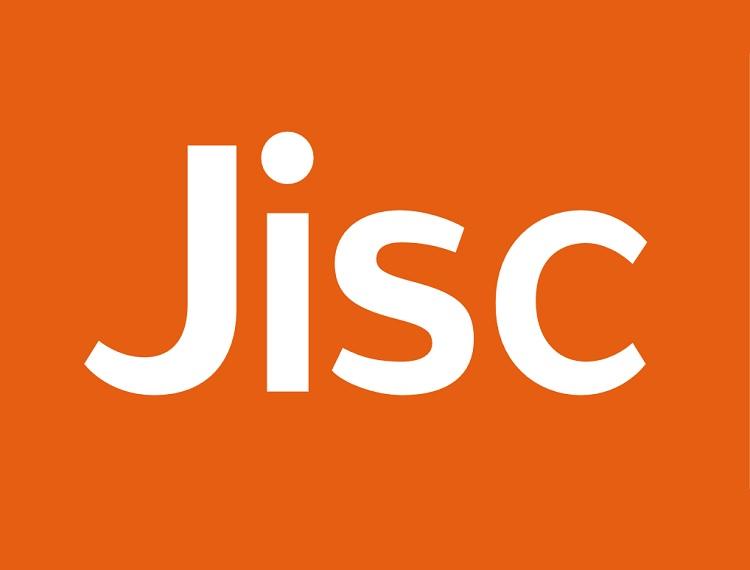
Technology, increasingly rich digitised resources and the sheer ingenuity of teaching staff are coming together to help students become active learners.
Talking to members over recent months we’ve been inspired by the creative ways universities are developing technology-enhanced learning.
Dip into their stories to find out how they are improving learning and teaching, and developing strategies to train motivated, self-starting learners equipped with the digital skills that will make them eminently employable when they graduate.
Wikimedia in the curriculum
The University of Edinburgh is the first UK university to appoint a Wikimedian in residence, helping students in all disciplines to develop their information skills alongside digital literacy ones as they contribute to the creation of new entries in the online encyclopedia.
Students right across the university are creating original Wikipedia entries on new topics and the prospect of leaving a lasting mark is giving them powerful incentives to research thoroughly and think carefully about what they produce.
To the institution, the project is bringing new opportunities to develop its civic mission. Gender equality is a key concern both for the university and for Wikipedia itself. The vast majority of Wikipedia editors are male and fewer than 20% of its biographies are of notable women.
But – pleasingly – 69% of those attending Edinburgh’s ‘editathons’ are women and they’ve been contributing to specially themed events such as one focused on women in science. They’re helping to bring more female scientific pioneers before a modern online audience.
And the Wikimedia project is an important component in the university’s strategy to lead Scotland’s development of a data literate workforce. It has recently received extra public money for this, and a collaboration with Wikimedia on open science and open data initiatives is helping to take the project forward.
Turning students into scholars
In Cardiff University’s history department, digital collections are being used to introduce undergraduates to primary sources, giving them an early grounding in historical research methods – and teaching an array of useful, transferable digital techniques at the same time. It’s turning them, in the words of Cardiff’s Professor Keir Waddington, “from consumers of information into active researchers”.
Second-year students on the social history of medicine module are working with the UK Medical Heritage Library (UKMHL) and the Wellcome Collection. These 19th-century medical texts are all available on any device, anywhere for free. Students are accessing them to develop their own research questions and choose their own distinct paths to finding answers.
And they’re learning to:
- Construct and manage searches
- Develop their own bibliographies
- Trace the evolution of ideas
- Link their findings to other research and build a rich picture of historical context
- Ask sound questions about primary sources
- Present their findings
What impact will this have on attainment? It’s too soon to tell but Keir Waddington says that seminars are already both more animated and significantly longer with students keen to share their original thoughts and ideas.
Digital archives built by students for students
Learning how to write and present material for diverse audiences, to understand and code metadata – and having tangible proof of all this for a portfolio – aren’t necessarily outcomes that you’d expect from a university history programme.
But these are benefits that students on the University of Hertfordshire’s inherited learning module are enjoying.
Teaching staff are asking students to search digital collections for text and images that relate to specific questions. The material they find is being repurposed into new archival collections that future students will use. The aim is to “leave learning resources richer than we found them” and to turn students into active researchers with workplace-ready skills.
Teaching with digital archives to improve learning
At Loughborough University, first-year undergraduates have been dipping their toes into digital archives as they study the history of North America. They are learning independent study skills and developing a deep understanding of how to evaluate resources, including:
- Thinking about how knowledge is constructed
- Building confidence in their own ideas
- Learning about digital analysis techniques
- Developing skills with academic and generic digital tools
Why did historical figures act in the ways that they did? The digitised primary sources provide the clues and technology is enabling the students to test them out – they are using gaming techniques and role-play to gain insight into people’s experiences and motivations. Dr Melodee Beals says her students are pushing for new opportunities to get more deeply immersed in the digital archives.
Dig into some more member stories:
At the University of Liverpool, a new undergraduate module is using digital archives to help students learn about crime and punishment – they can select an offender who interests them and uncover their cradle to grave story, often for the first time ever
Students at the University of Northampton are actively engaged in learning design. Large-scale lectures are being abandoned in favour of collaborative group working and a rich variety of on and offline learning activities, all pinned together by technology
The University of Bradford’s digitised diseases project is giving undergraduates unprecedented opportunities to explore anatomical specimens
Nottingham Trent University is the first in the UK to take the SCALE-UP approach to active learning, to improve student engagement, satisfaction and attainment
‘Observing the 80s’, a longrunning mass observation project at the University of Sussex, is exposing undergraduates to new social and historical insights via raw letters and diary entries. Experiments with augmented reality and social media are extending their learning
Medical sciences and biomedical sciences students at the University of Oxford are using mobile phones and polling technology software to fill in gaps in their understanding in real time, to ask questions anonymously and to prepare for clinical interactions with patients



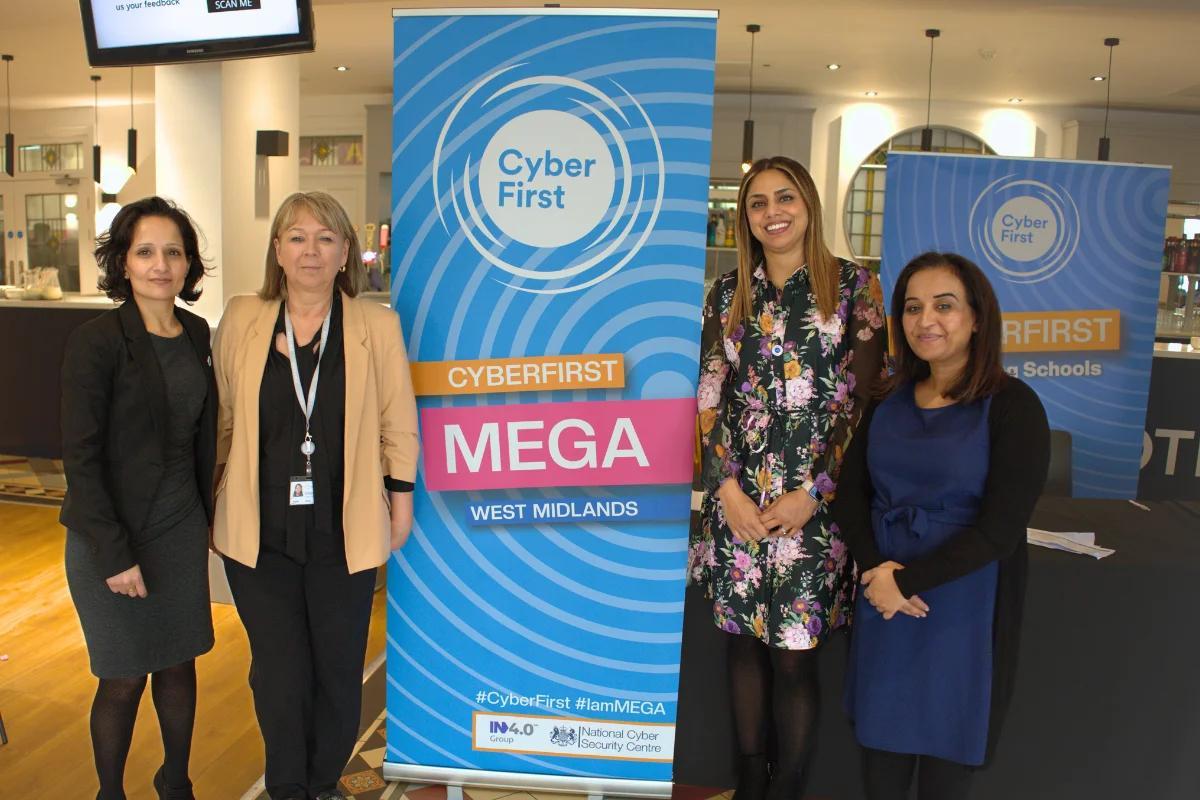
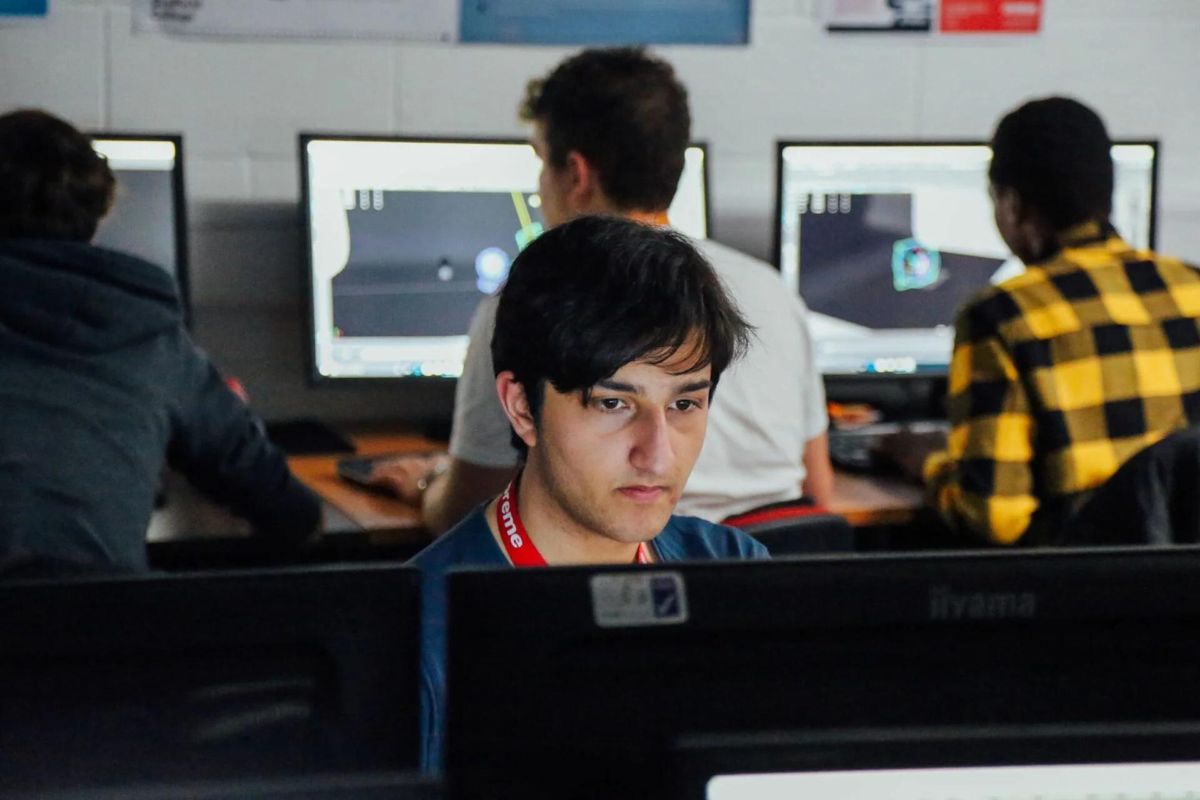
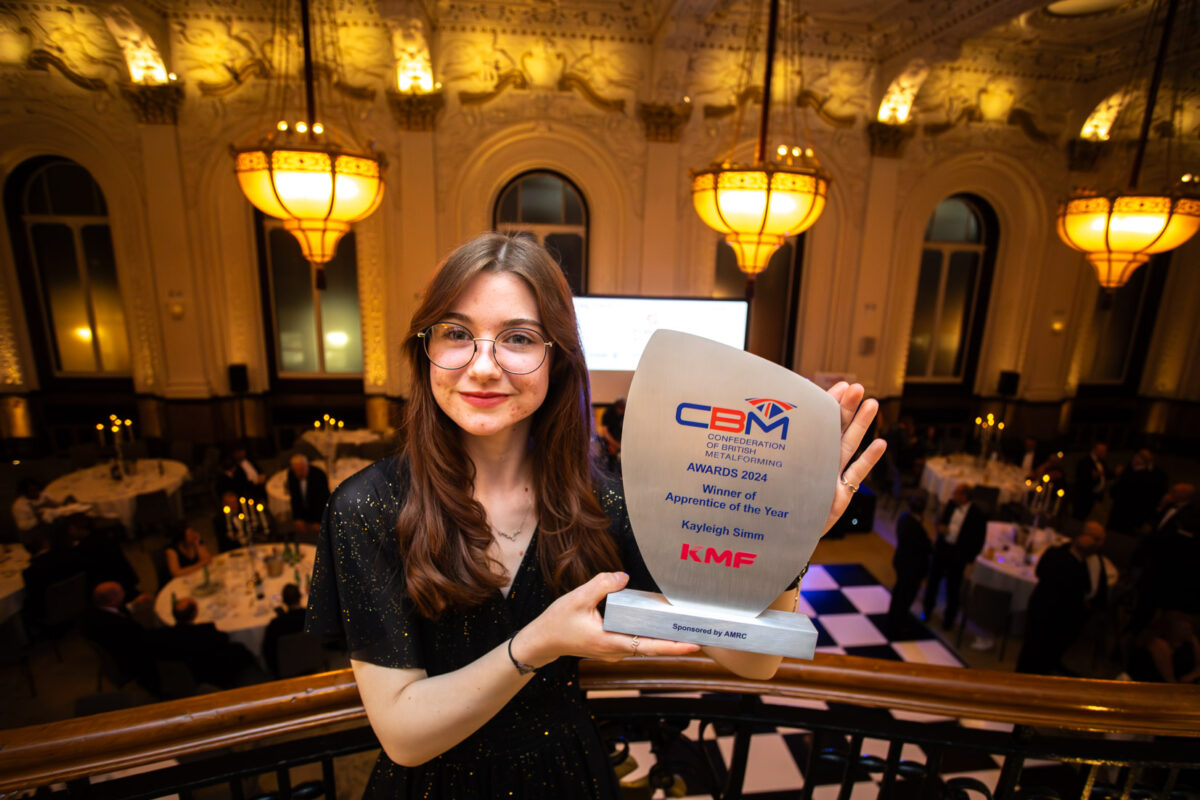
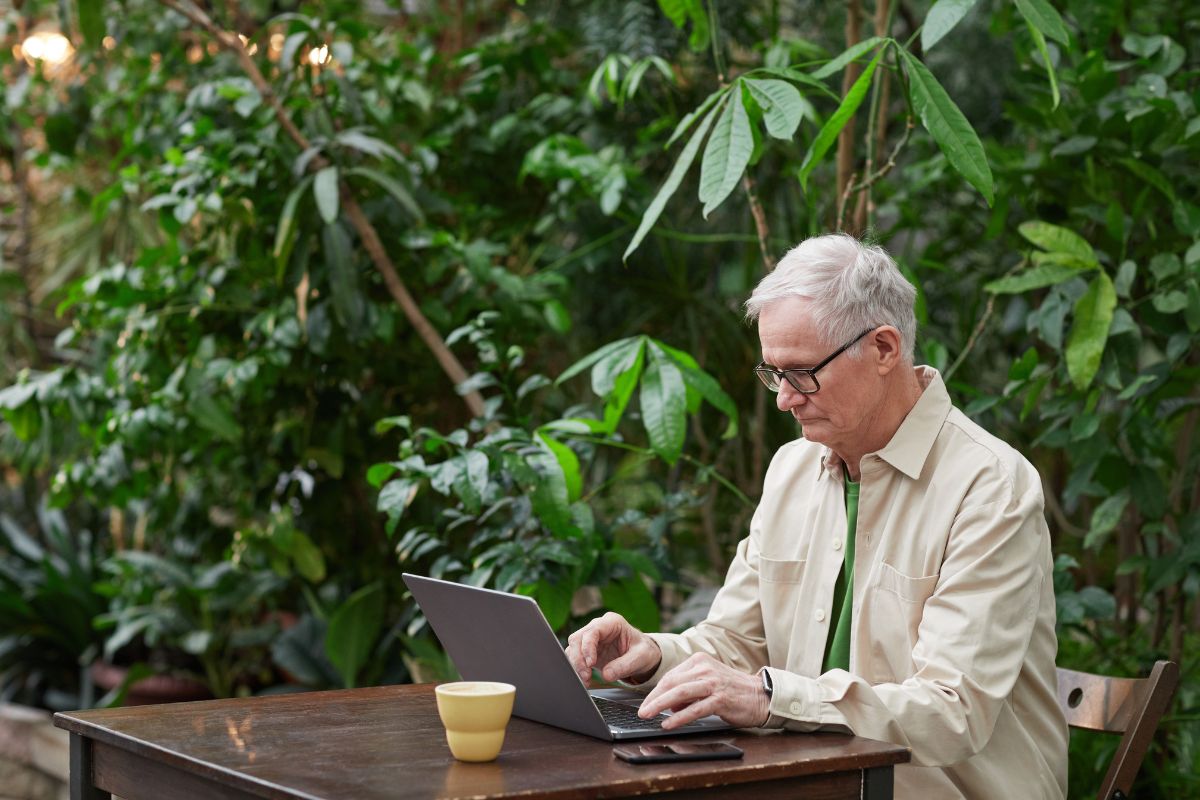

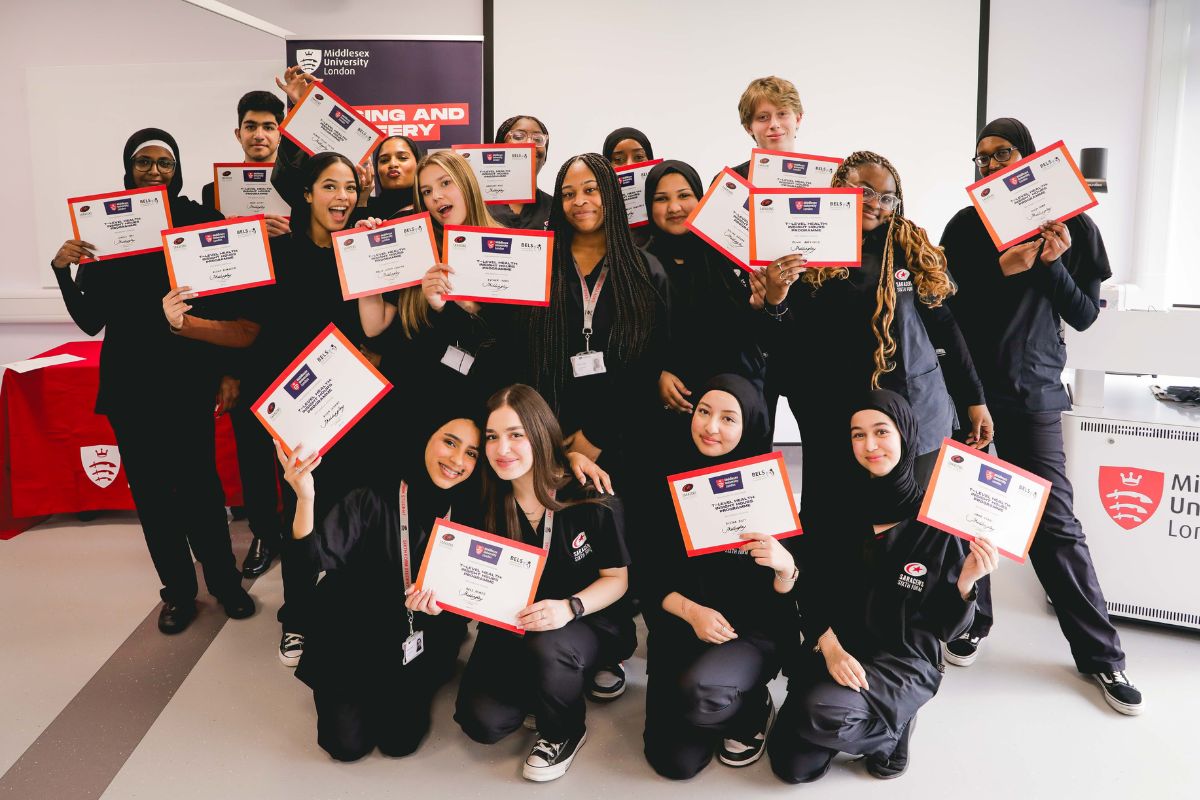



Responses